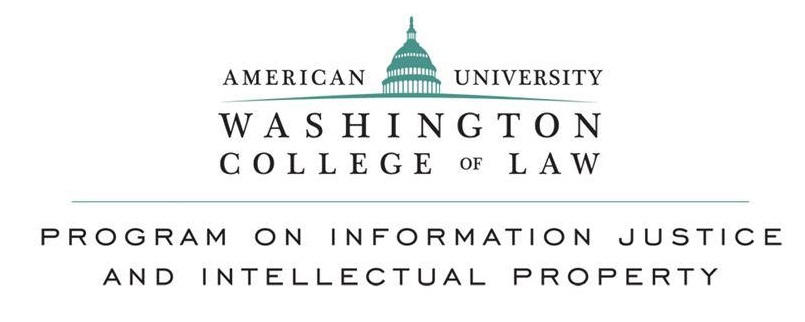
NCTE and the Program on Information Justice and Intellectual Property at American University’s Washington College of Law are looking for a diverse and dedicated group of K-12 educators, librarians, and instructional designers to participate in an OER Fellowship program to develop examples and guidance for using Open Educational Resources (OER) and Fair Use in the ELA classroom. These fellows will work together to explore opportunities to use OER, including inserts and illustrations relying on fair use, and how ELA teachers can use Creative Commons licenses, OER materials, and Fair Use guidelines in their instructional practice to use, adapt, and share.
Want to learn more about OER at NCTE? Sign up today!
COHORT LEADERSHIP
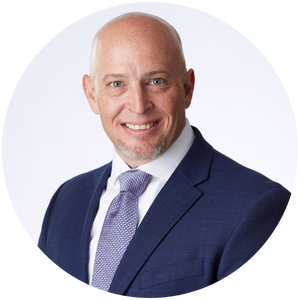
Bill Bass currently serves as the Innovation Coordinator for Instructional Technology, Information, Library Media, and Federal Programs in the Parkway School District in St. Louis, MO where he leads the district library program, instructional technology, grants, and innovation. Bill is an award-winning educator, international speaker, and Past-President of ISTE Board of Directors. During his 20+ career in education, he has also held positions as a middle and high school English teacher, technology integrator, instructional coach, adjunct professor and graduate course designer for an edtech graduation program, and an educational consultant. He has written numerous articles, book chapters and has authored three books on education in the digital age.
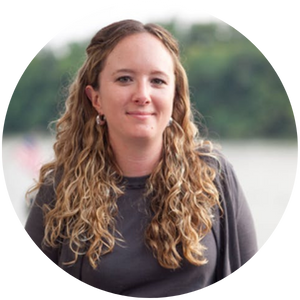
Meredith Jacob is the Public Lead for Creative Commons USA. She manages the day-to-day operations of the organization and maintains the core legal guidance around Creative Commons licenses. Meredith is currently working with educators on a project to define best practices in fair use specific for open educational resources (OER). Additionally, Meredith serves as the Creative Commons USA Project Director the Program on Information Justice and Intellectual Property at American University’s Washington College of Law, where her work includes research and advocacy on open access to federally funded research, flexible limitations and exceptions to copyright, and the public interest.
Meet the Fellows
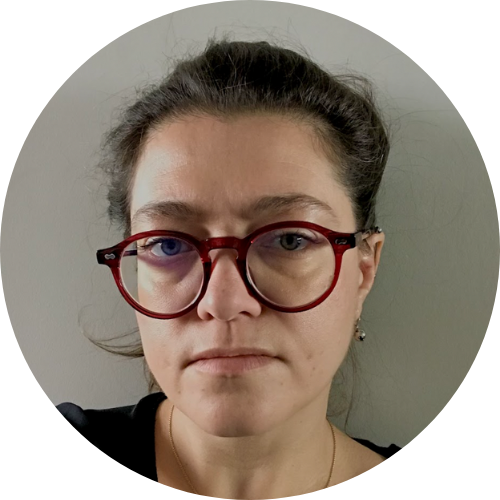
Ashleigh A. Allen is a poet, writer, researcher, and educator in Tkaronto/Toronto. She has taught literature, writing, and creative writing in various classroom and community settings since 2008, first in New York City, and more recently, in Toronto. In her teaching, she seeks alternative ways of being together with others that center the lives, desires, and futures of the people, their communities, and the land. She is currently a doctoral candidate in curriculum and pedagogy at the Ontario Institute for Studies in Education of the University of Toronto.
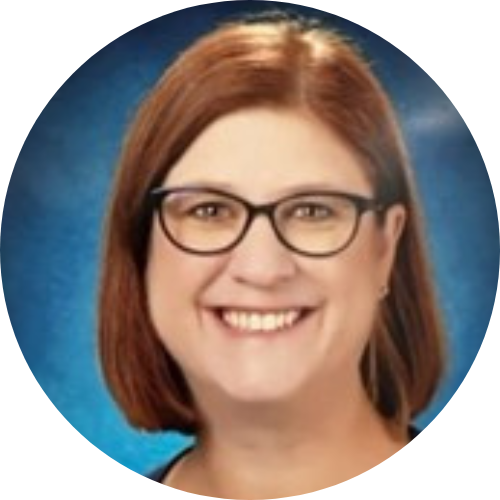
Jayna Ashlock is an academic instructional coach at Glover Middle School in Spokane, Washington. She has an EdD in educational leadership from Washington State University, is an ELA Washington State Fellow, and has worked with the Washington State Office of the Superintendent for Public Instruction on projects related to the Science of Reading for Secondary Educators, integrating ELA with math and science, and an OER document integrating ELA standards with NGSS standards for K–5.

Heidii Fettinger is an instructional coach at the Montana School for the Deaf and Blind. She has been a teacher for 23 years, teaching all grades from kindergarten through high school language arts. After finishing her PhD with an emphasis in cognition and instruction, Heidii now works with teachers developing curriculum and instructional strategies.
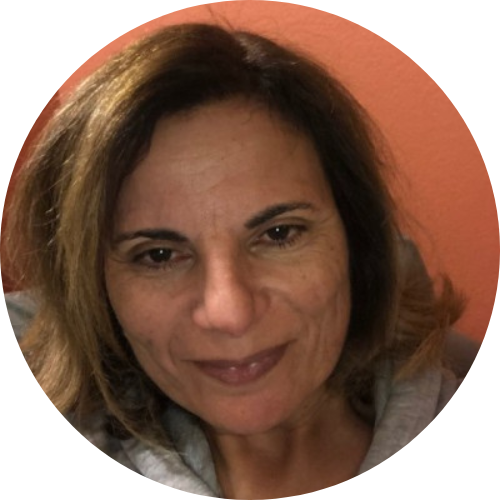
Maryann Hasso is an accomplished high school and college English teacher with more than 15 years of experience in teaching students from a broad array of educational backgrounds and skill levels. She’s skilled at teaching English learners and applying the strategies she has researched within the classroom. Her research interests include English learner instructional strategies and professional development for English learner teachers.
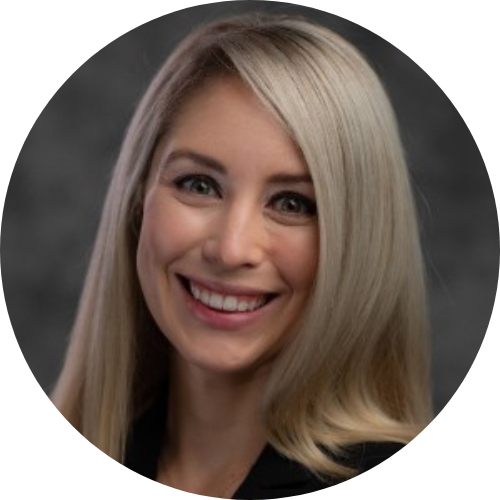
Jackie Hoermann-Elliott is an assistant professor of English and the director of first-year composition at Texas Woman’s University (TWU). Her teaching and research focus on the role of the body in the writing process, and her first book, Running, Thinking, Writing: Embodied Cognition in Composition, was published in 2021. Her interest in OER began after she received a large grant to create her second book, First-Year Composition, with a team of faculty and staff members from TWU and Tarrant County College.
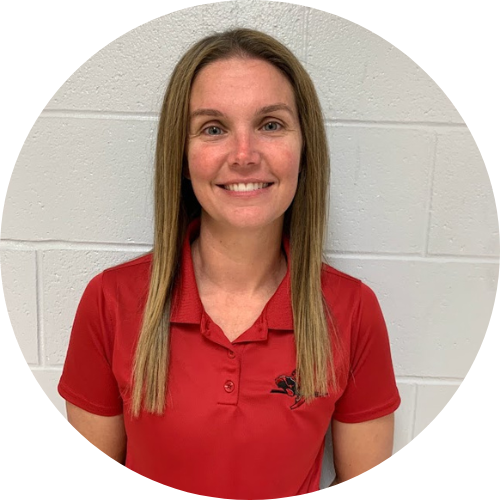
Stephanie King is a high school English teacher at Granger High School in Granger, Washington. Over her 13 years at Granger, Stephanie has been recognized as a Washington State Teacher of the Year finalist, Library of Congress/NCTE New Perspectives on Primary Sources Fellow, and a Fulbright Teacher for Global Classrooms. In addition to teaching, Stephanie coaches middle school and varsity soccer and has two daughters, ages 3 and 5.

Jeannette M. E. Lee-Parikh, PhD, is the chair of the English department and head of community reading at The Cambridge School of Weston as well as the assistant editor and a columnist for Intrepid Ed News. She is an ISTE Certified Teacher and OER advocate. Her teaching philosophy exists at the intersection of the science of learning and cultivating creative thinking, joy, curiosity, playfulness, and self-awareness in all learners.
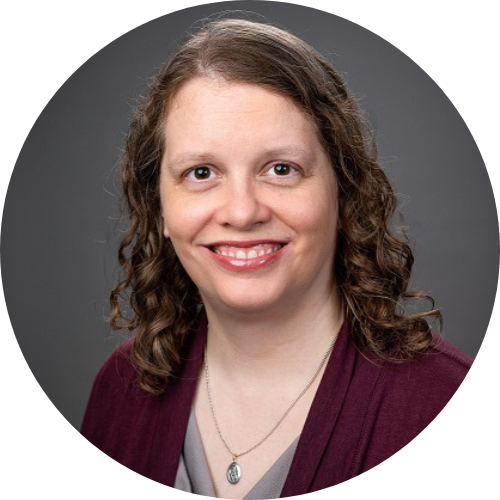
Sarah LeMire is a librarian by training and an associate professor of English at Texas A&M University. Her work centers on teaching students how to find, evaluate, and use information effectively. Her research is focused on three primary areas: library services for student veterans, information literacy and first-generation students, and open educational resources (OER).

Undarmaa Maamuujav is a research scientist in the School of Education at the University of California, Irvine. She has taught literacy and writing courses at California State University, Los Angeles, and University of California, Irvine. Her research focuses on academic writing and literacy development in secondary and postsecondary levels.
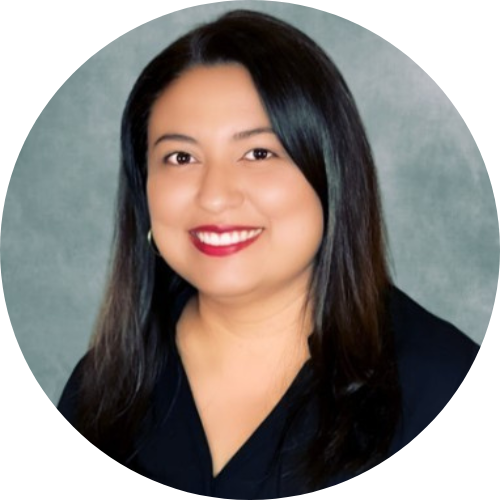
Carmen Marroquin, PhD, is a highly experienced educator with over 13 years of experience teaching English language arts. She currently serves as an adjunct faculty member at Florida International University and a training specialist with Florida Virtual School. Her wealth of experience and passion for teaching make her dedicated to helping students and teachers reach their full potential.
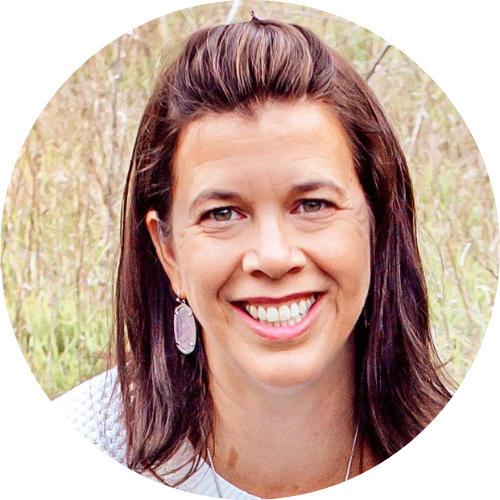
Jennifer Medeiros holds an EdD in educational leadership from the University of California, San Diego. She is an education leader, activist, and ally who believes in creating learning spaces and opportunities that reflect the strengths and values of the communities and student populations they are meant to serve. Jennifer currently focuses that energy in her capacity as the language and literacy content specialist for the Escondido Union High School District.
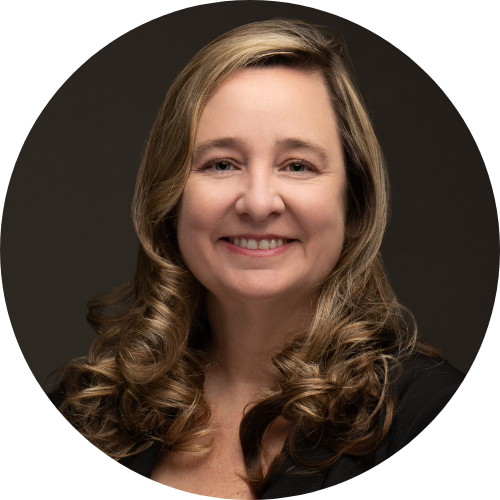
Terri Pantuso is an instructional assistant professor of English and assistant dean of assessment and curricular matters for the College of Arts and Sciences at Texas A&M University in College Station, Texas. She has more than 30 years of ELA teaching experience at both the secondary and post-secondary levels. Dr. Pantuso has co-created award winning OER for her department, as well as instructional content for state-wide initiatives.
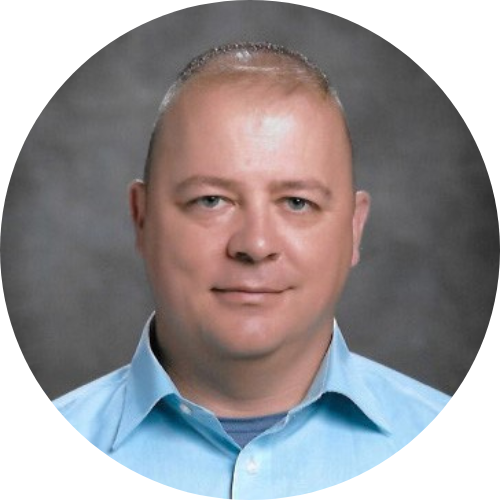
Michael Shaffer is currently the oral communications and English 12 teacher at West Allegheny High School as well as professor, Titan Theatre faculty advisor, performing arts technical director, and technical director–stage manager for the Celebrity Series for Westminster College. He taught high school media arts and drama for over 17 years before moving to ELA. In May 2019, Michael completed the Education Instructional Management and Leadership doctoral program at Robert Morris University, earning his PhD. He holds Pennsylvania teaching certifications in administration, English, technology, and communications. In 2013, he earned his National Board Certification in career technology. He is a United States Marine Corps Veteran.
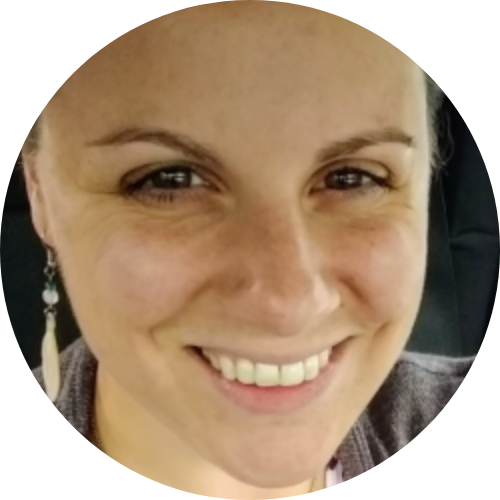
Holly Spinelli teaches English at Monroe-Woodbury High School in New York, and is an adjunct instructor in the English department at S.U.N.Y. Orange County Community College. She has been an NCTE member since 2006 and served on the NCTE Committee Against Racism and Bias in the Teaching of English. She is an executive board member for the New York State English Council (NYSEC), and a contributing writer for hitrecord.org’s Emmy Award winning series, “Create Together” (2020). Follow her on Twitter @HolSpinny.
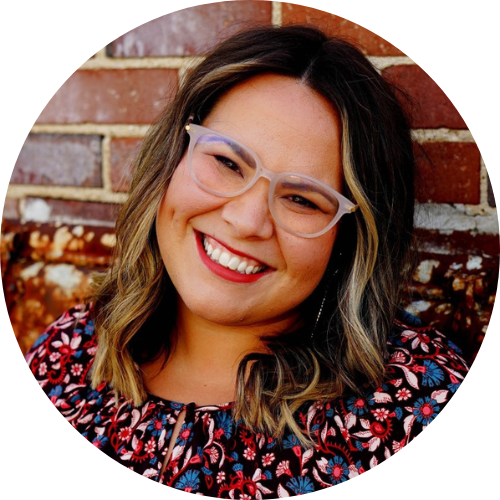
Kristen Tinch is an academic standards program consultant for secondary literacy at the Kentucky Department of Education. Formerly an English and Spanish high school teacher, Tinch holds master’s degrees in literacy and English literature. This is her first special project with NCTE.
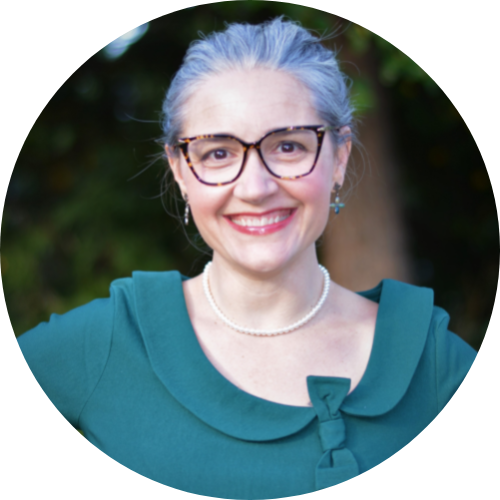
Andrea Zellner is the 2022–23 president of the Michigan Council of Teachers of English, a proud National Writing Project teacher, and an enthusiastic proponent of fair use.
Cohort Deliverables:
Open Educational Resources provide flexibility and resilience for ELA teachers, allowing them to personalize materials and bring real-world examples. When using OER, teachers need to be able to rely on fair use to include quotations, excerpts, and illustrations from other sources.
This OER Fellowship will explore the best practices around the implementation of Open Educational Resources in the K-12 ELA classroom and create examples and scenarios for the adoption, adaptation, and creation of these resources. Based on the Best Practices in Fair Use for Open Educational Resources developed by American University’s Washington College of Law, we hope to provide teachers with a repository of case studies and examples to take advantage of the full range of open content. Along with these case studies, we plan to prepare professional development materials and a public webinar. These resources will be made public to help guide ELA teachers in their use of open and readily available materials.
OER Fellowship Timeline:
December 13, 2022, 7 p.m. – 7:30 p.m. ET – informational webinar with Q&A
January 9, 2023 – Application due by noon ET
January 13, 2023 – Applicants notified of acceptance or regrets
January 26, 2023, 7 p.m. ET- Fellowship launch webinar
February – March/April 2023 – Development of use cases and instructional exemplars
April – June/July 2023 – Monthly webinar hosted by cohort participants to share out work
August 2023 – Publication of resources and use cases
Time Commitment:
The OER Fellowship will meet virtually on a monthly basis to organize the efforts and collaborate with other members. Between meetings, cohort members will spend approximately 2-4 hours developing examples and materials to be included in the project.
Recognition:
All fellows will be formally recognized on NCTE’s website and will have opportunities to present and publish work at NCTE events and within NCTE publications.
Additionally, depending on need and participation, fellows are eligible to receive complimentary registration to the 2023 NCTE Annual Convention and/or the cost of one night’s hotel stay courtesy of American University. Specific support will be worked out with cohort members upon acceptance.
For more information, contact Bill Bass and Meredith Jacob.
NCTE and the Program on Information Justice and Intellectual Property at American University’s Washington College of Law (PIJIP) hosted a session on Thursday, June 9, 2022 looking at what open educational resources (OER) are; where to find OER; how Creative Commons licenses and fair use make OER free to use, adapt, and share; and their role in the English language arts classroom.
